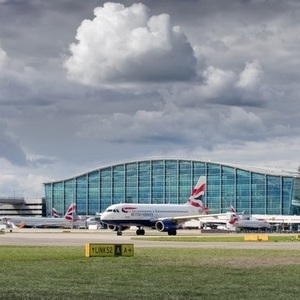Heathrow calls on ICAO to set targets for aviation biofuel




PHOTO: Heathrow
July 24, 2019
BY Erin Voegele
Advertisement
Advertisement
Related Stories
The U.S. Department of Energy is offering up to $17.5 million in federal funding to develop cost-effective strategies for communities to sustainably manage and recover potential clean energy sources from their waste streams.
Valero Energy Corp. on April 25 announced that its SAF project in Texas is progressing ahead of schedule and expected to be operational this year. The company also reported its ethanol and renewable diesel operations were profitable during Q1.
The American Transportation Research Institute on April 23 released a new report that analyzes the benefits of employing renewable diesel (RD) as an alternative to battery electric vehicle (BEV) trucks.
The Transport Project and Coalition for Renewable Natural Gas (RNG Coalition) on April 24 announced that 79%of all on-road fuel used in natural gas vehicles in calendar year 2023 was RNG surpassing the previous year’s record-breaking level.
Vertimass on April 23 announced that the U.S. EPA has approved registration for blending up to 20% of Vertimass green gasoline with conventional gasoline. This new renewable gasoline product, VertiGas20, is made from renewable ethanol.





